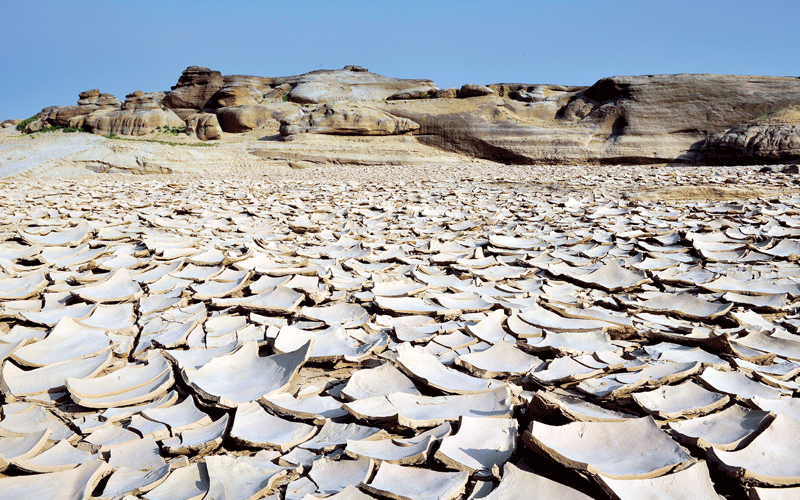Address climate change and poverty challenges
By Alberto Leny, June 29, 2021In Kenya where jostling for power preoccupy the political elite, socio-economic and environmental challenges are not addressed with the seriousness they deserve.
Poverty among the majority of citizens has been compounded by the triple environmental threat of biodiversity loss, climate disruption and escalating pollution.
The Earth is ravaged and rapidly reaching a “point of no return” cutting down forests, polluting rivers and oceans, and ploughing grasslands “into oblivion”, according to the United Nations Secretary-General Antonio Guterres.
The very ecosystems that underpin our societies is being ravaged. Degradation of the natural world is destroying the very food, water and resources needed to survive, undermining the well-being of 3.2 million people – or 40 per cent of humanity, he says.
Fortunately the Earth is resilient and there is still time to reverse the damage done.
Millions of Kenyans are suffering from the devastating impact of this environmental crisis on top of the economic misery worsened by the Covid-19 pandemic.
Both the national and county governments and politicians need to put these critical issues on top of the development agenda even as engage in electioneering and power games.
Political leaders owe it to the people to address environmental, economic and public health issues oppressing citizens.
Urgent action is required to help achieve the Sustainable Development Goals to safeguard the planet’s resources, create millions of jobs and help eliminate poverty and hunger by 2030.
Kenya is among 156 countries that have written into their constitutions that living in a safe, healthy and sustainable environment is indeed a human right that permits a life of dignity and well-being.
The next 10 years offers a final chance to avert a climate catastrophe, as well as socio-economic and poverty challenges.
Climate change is deeply intertwined with global patterns of inequality. The most vulnerable people bear the brunt of climate change impacts yet contribute the least to the crisis.
As the impacts of climate change mount, millions of vulnerable people face greater challenges in terms of extreme events, health effects, food security, livelihood security, water security, and cultural identity.
The recently released Global Report on Food Crises states that 1,9 million people in Kenya were estimated to be in crisis or worse from October-December 2020 driven by flooding, desert locusts, high food prices and Covid-19 related job losses.
The Covid-19 pandemic has amply demonstrated that marginalised groups often lack access to services, resources, and information they need to mitigate and overcome the crises.
Certain social groups are particularly vulnerable to crises, for example female-headed households, children, persons with disabilities, indigenous peoples and ethnic minorities, landless tenants, migrant workers, sexual and gender minorities, older people, and other socially marginalized groups.
Experts point out that the root causes of their vulnerability lie in a combination of their geographical context; their financial, socio-economic, cultural and gender status; and their access to services, decision-making and justice.
The political class in Kenya ought to be acutely aware that poor and marginalised groups are raising their voices to call for more ambitious on human rights, climate change, health, development, socio-economic deprivation and other global issues.
Climate change is more than an environmental crisis, it is a social crisis and compels us to address issues of inequality on many levels – between wealthy and poor countries, between rich and poor within countries, between men and women, and between generations.
It is imperative for leadership to bring people along in the decision-making process through transparency, access to information and citizen engagement. —albertoleny@gmail.com
